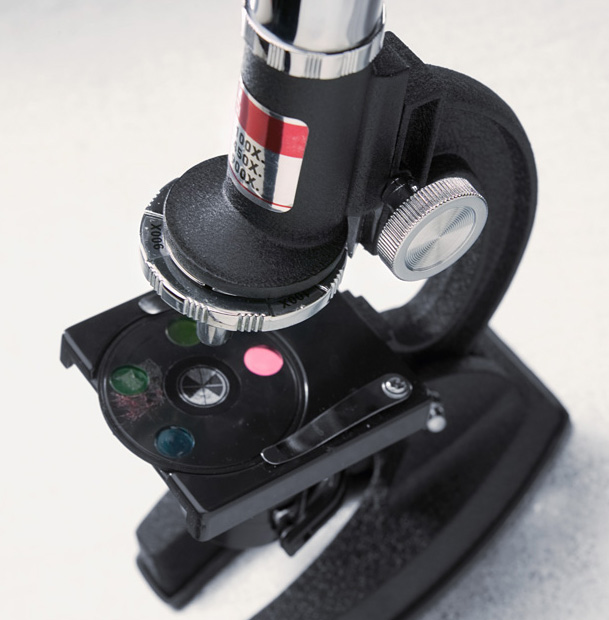BSI, the business standards company, has launched BS ISO 37001. In full that the British Standard covering Anti-bribery management systems: requirements with guidance for use. According to the BSI (British Standards Institution), it’s aimed at aiding the prevention and detection of bribery in organisations.
The 37001 standard assists with turning the legal requirements of the 2010 UK Bribery Act into practical measures, by providing guidance on how to put the right controls in place. It sets out the requirements for a business looking to set up a management system to prevent and detect bribery within it – and how to confront bribery should it arise.
British Standards says that 37001 covers the many forms of bribery which can damage an organisation, including bribery of individual personnel; bribery of the organisation by another party; bribery by the organisation itself; and indirect bribery from a third party.
The standard provides a system to use to avoid funds being misappropriated, and safeguards against projects being undermined and not carried out with due diligence. The 37001 standard sets out how to maintain an effective anti-bribery system once it is in place, and reviewing and improving these safeguards periodically.
The authors of 37001 say that it can benefit senior leadership within an organisation responsible for compliance, legal and governance issues, as well as employees who work in risk and financial management. Human Resources managers and corporate secretaries are also cited as beneficiaries of the security afforded by the standard.
Anne Hayes, Head of Market Development for Governance and Resilience at BSI, said: “In a 24 hours news cycle, any association with bribery can be fatal for the reputation of an organisation. It’s critical for public and private sector organisations to be seen to have a strong system of leadership in place to weed out corruption, root and branch. BS ISO 37001 is a tangible way for organizations of all sizes to demonstrate to their employees, suppliers and the public at large that they are managed with integrity and have the necessary safeguards in place to tackle bribery if it arises.”
Should a business fall foul of a bribery scandal by a rogue employee, 37001 can be used to show to clients and contractors a commitment to an anti-bribery policy.
The standard follows Annex SL, and was designed to align with other management systems including ISO 9001 (quality), ISO 14001 (environment) and ISO 26000 (sustainability). People from over forty countries were involved in designing this standard. The forerunner to this standard, BS 10500, received support in 2011 from the Anti-Corruption Standing Committee of the World Federation of Engineering Organizations, an umbrella group which represent over 15 million engineers from over 90 nations.










